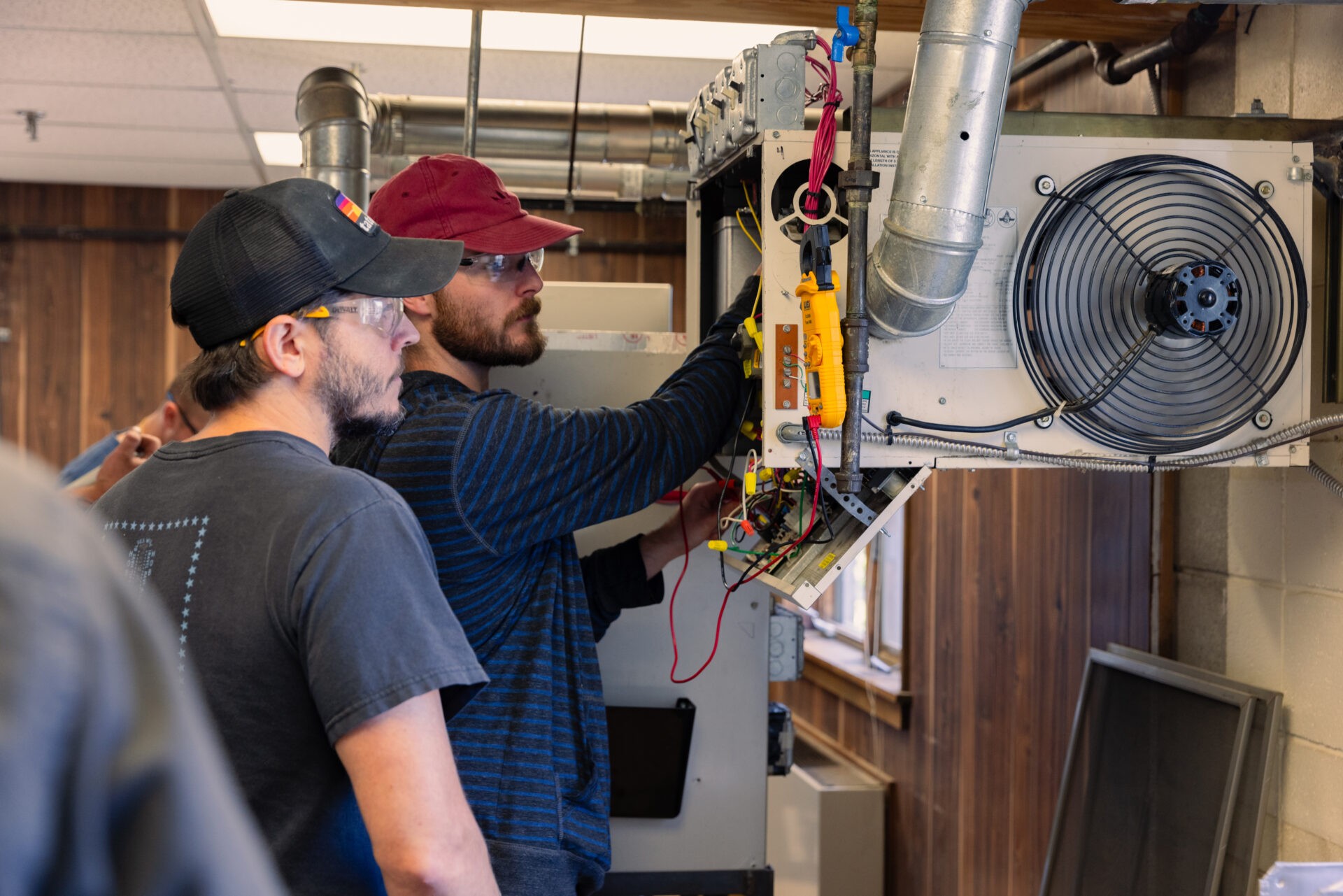Before you embark on additional schooling, you need to ask yourself: What’s the goal of your education?
For most of you, the answer is the same: To get a better job.
Conventional wisdom has always said that the path to get that better job was through earning a bachelor’s degree. However, a recent story from NPR goes a long way to dispel that myth.
We think it’s important to start with this point: “In all, some 30 million jobs in the United States that pay an average of $55,000 per year don’t require bachelor’s degrees.”
Proper training and preparation prior to employment is essential, but that training doesn’t always come through the course requirements for a bachelor’s or associate’s degree. For instance, even though you may be studying to become an HVAC/R technician, you may still have to enroll in–and pay for–courses that are not core to your degree, such as humanities (history, English, etc). Those courses may be requirements for your overall degree. It’s your time, and you should spend it learning about your career.
The NPR story furthers this point:
“It’s not that finding a job in the trades, or even manufacturing, means needing no education after high school. Most regulators and employers require certificates, certifications or associate degrees. But those cost less and take less time than earning a bachelor’s degree. Tuition and fees for in-state students to attend a community or technical college in Washington State, for example, come to less than half the cost of a four-year public university, the state auditor points out, and less than a tenth of the price of attending a private four-year college.”
Beyond just the type of courses that you will be taking, you should be thinking about the time that you are in school. Four years is a lot longer than 6 months–the length of many of our programs. You’ll get to work sooner, and be paying for your schooling for a shorter time.
In addition to your career focus while you’re in school, you want to know that you’ll be able to stay in that career after school. Again, NPR:
“People with career and technical educations are also more likely to be employed than their counterparts with academic credentials, the U.S. Department of Education reports, and significantly more likely to be working in their fields of study.”
In short, you paid for school–put that education to use!
Beyond the key points of the article, as we meet with employers and work to place our students in careers, it’s clear that they are constantly looking for qualified employees. Employers often call looking to hire our graduates from each of our programs. In fact, many of our students secure work prior to graduation.
We recommend you read the full article, and judge for yourself. More importantly, it’s your education and your life. Make certain that you’re headed in the right direction.








